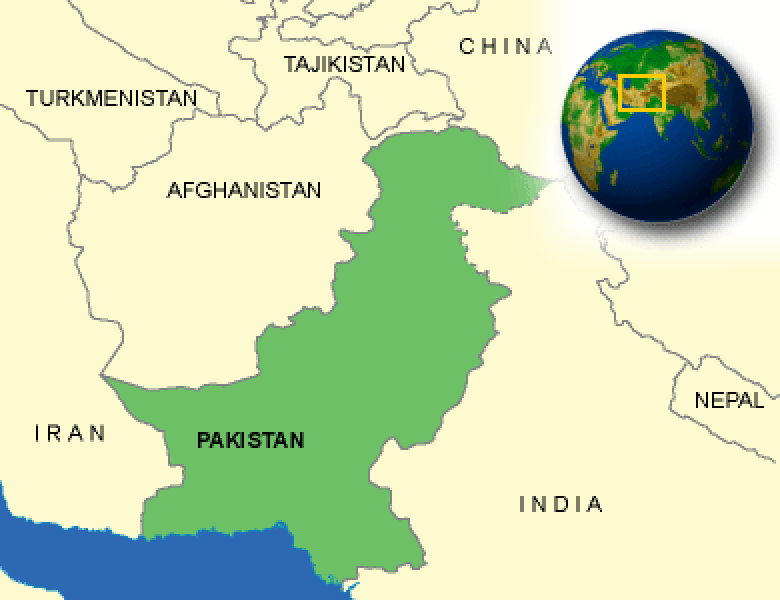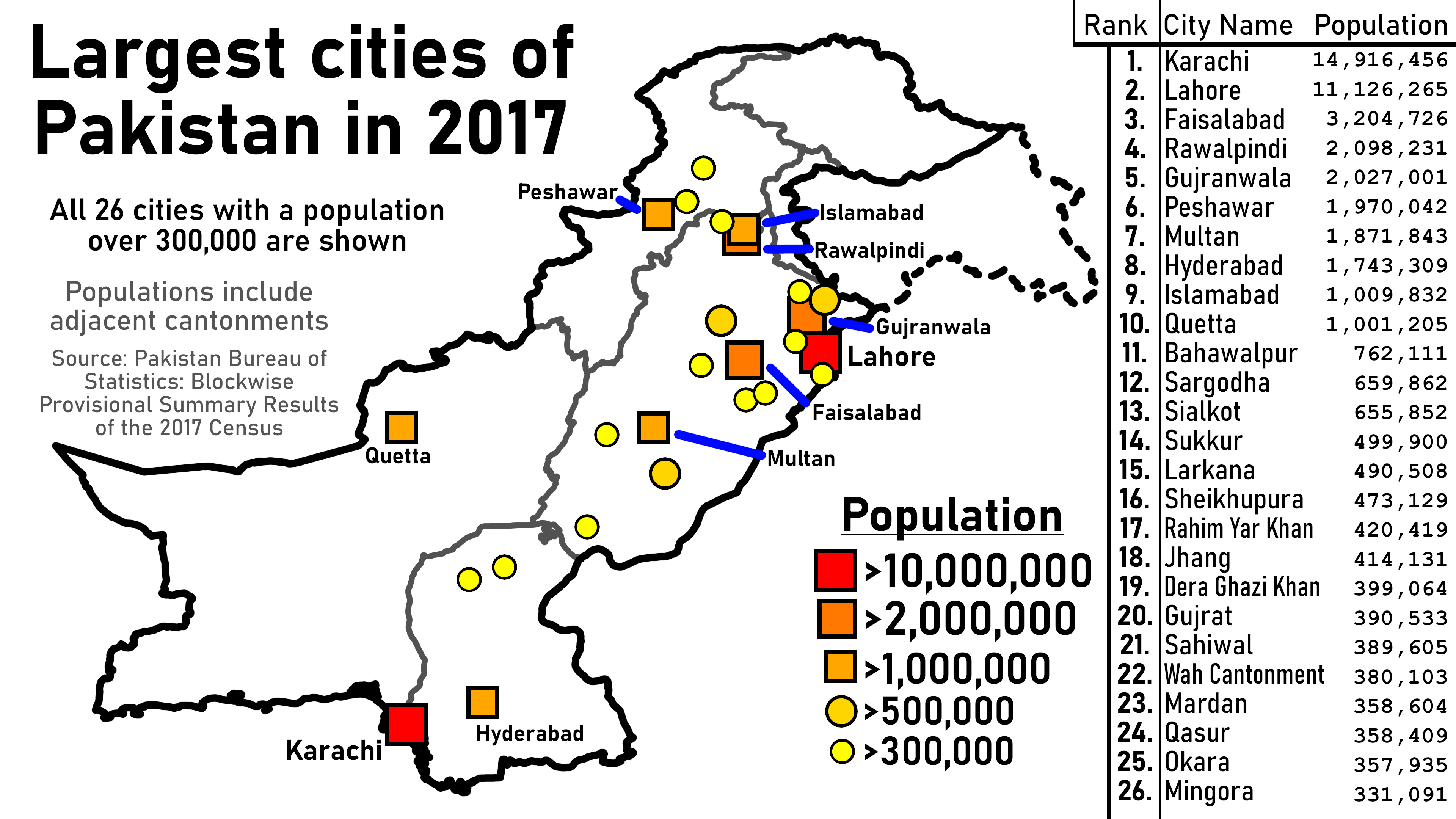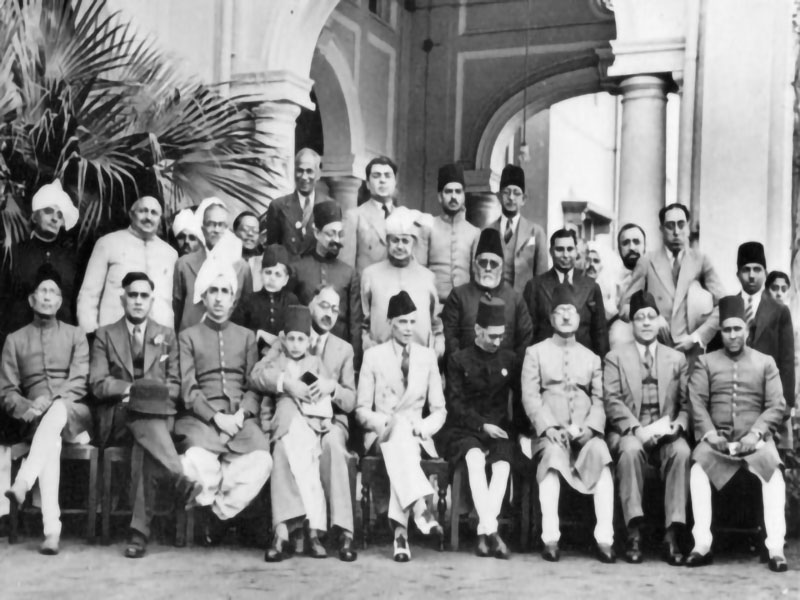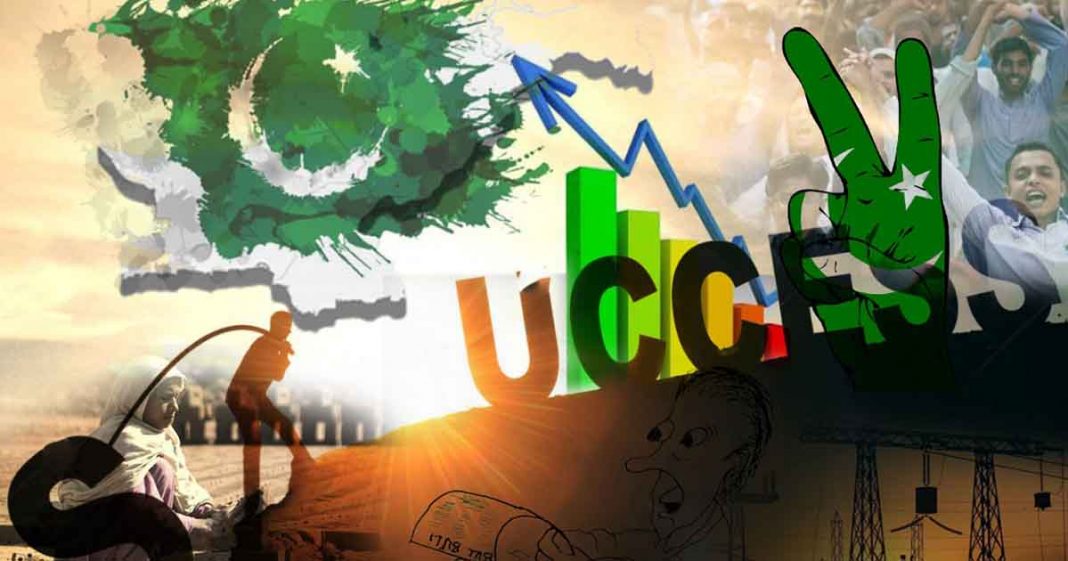Welcome to Pakistani Culture & Tradition
Pakistan, officially known as the Islamic Republic of Pakistan, is a country located in South Asia. It shares borders with India to the east, Afghanistan and Iran to the west, China to the north, and the Arabian Sea to the south. Here is an overview of Pakistan:
Geography:
 ;
;
Pakistan is characterized by diverse landscapes, including mountains, plains, deserts, and a coastline along the Arabian Sea. The northern part of the country is dominated by the towering peaks of the Himalayas and the Karakoram Range, including K2, the second highest mountain in the world. The fertile plains of the Indus River basin are situated in the east, while the Thar Desert sprawls across the southeastern region.
Capital and Major Cities:

The capital city of Pakistan is Islamabad, which is located in the north of the country. Other major cities include Karachi, the financial hub and largest city, Lahore, the cultural capital, Peshawar, Quetta, Faisalabad, and Rawalpindi.
Population and Ethnicity:

Pakistan is the fifth most populous country in the world, with a population exceeding 220 million people. The population is ethnically and culturally diverse, with Punjabis, Pashtuns, Sindhis, Saraikis, Muhajirs, Balochis, and others comprising the majority of the population. Additionally, there are religious and ethnic minorities, including Hindus, Christians, Sikhs, and others.
Language and Religion:

Urdu is the national language of Pakistan, while English is widely used for official and business purposes. Pakistan is an Islamic republic, and Islam is the predominant religion, with the majority of the population being Sunni Muslims, followed by Shia Muslims. Religious minorities, including Christians, Hindus, Sikhs, and others, also contribute to the cultural mosaic of the country.
History:

Pakistan has a rich history that dates back to ancient civilizations, including the Indus Valley Civilization, one of the world's oldest urban civilizations. Throughout history, the region has been ruled by various empires and dynasties, including the Maurya, Gupta, Mughal, and British colonial periods. Pakistan gained independence from British rule on August 14, 1947, and became a separate nation for Muslims, marking the partition of British India.
Economy:
Pakistan's economy is diverse, with agriculture, industry, and services sectors playing significant roles. The country is known for its agricultural products, including wheat, rice, cotton, and sugarcane. Additionally, manufacturing industries such as textiles, garments, automobiles, and pharmaceuticals contribute to the economy. Pakistan also has a growing services sector, including finance, telecommunications, and tourism.
Culture and Heritage:

Pakistani culture is characterized by its rich traditions, hospitality, and diverse cultural influences. The country's cultural heritage encompasses music, dance, cuisine, festivals, arts and crafts, literature, and religious practices. Pakistani cuisine, known for its aromatic spices and flavorful dishes such as biryani, kebabs, and curry, is celebrated worldwide. Traditional music and dance forms, including Qawwali, Ghazal, Bhangra, and Kathak, reflect the cultural diversity and artistic prowess of the Pakistani people.
Challenges and Opportunities:

Pakistan faces various challenges, including poverty, corruption, terrorism, political instability, and social inequality. However, the country also has significant potential and opportunities for growth and development, particularly in sectors such as agriculture, industry, technology, and human capital. Efforts to address these challenges and harness the country's potential are ongoing, as Pakistan strives to build a prosperous and inclusive society for its citizens.